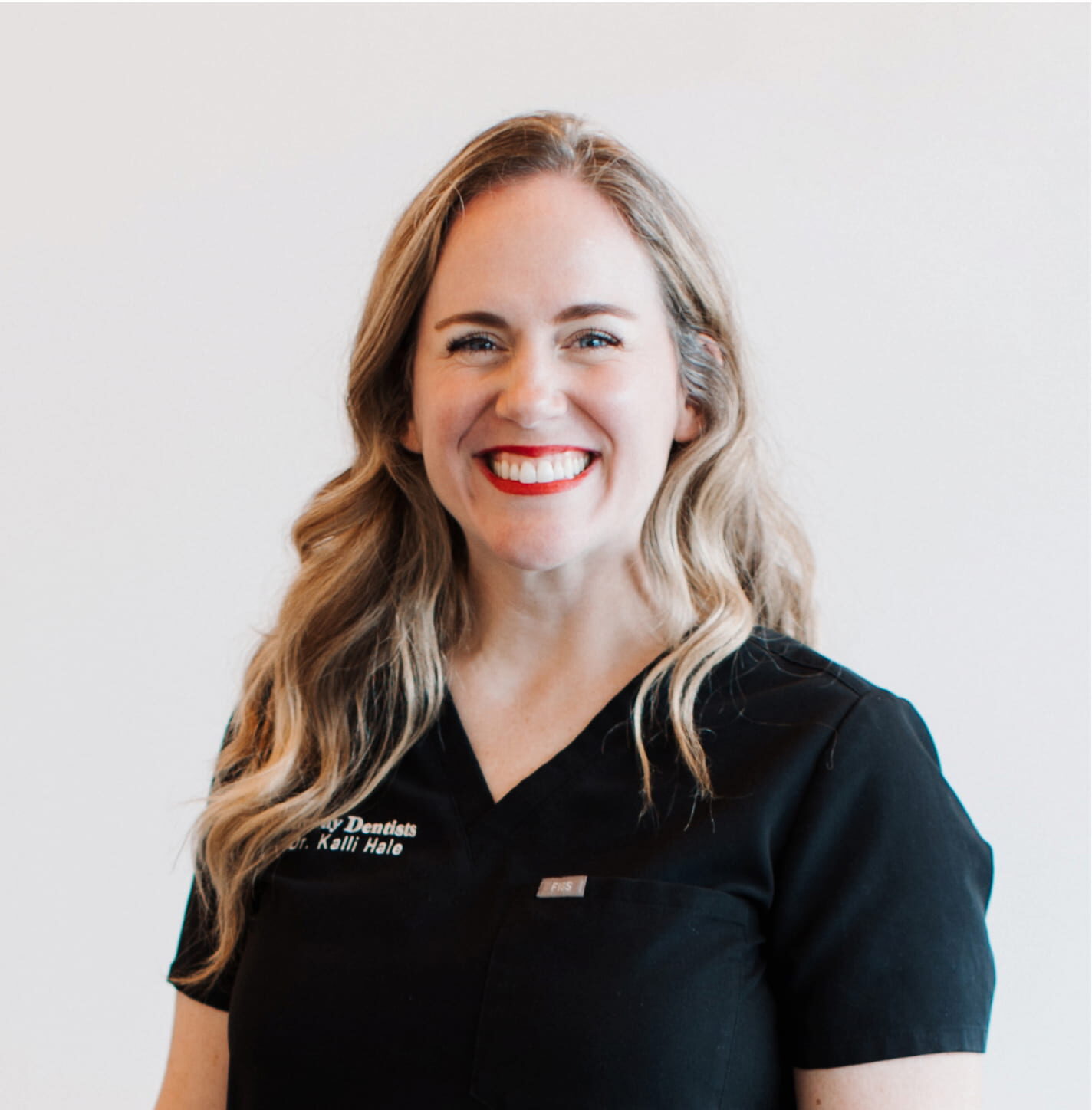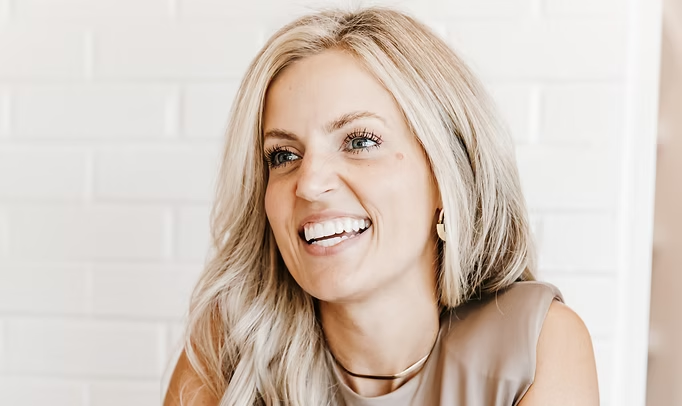We all know that what we eat matters—but when it comes to the food we feed our kids, do we really know what’s in it? So many of today’s packaged foods are loaded with additives, artificial ingredients, and even chemicals designed to make kids addicted—all while contributing to rising rates of ADHD, mood disorders, and long-term health issues.
My guest today, Parker Brook, saw this problem firsthand while working in the big food industry. Instead of turning a blind eye, he left his corporate job to start Lovebird Foods, a company on a mission to clean up breakfast with real food and fight childhood cancer in the process.
Lovebird isn’t just about making better cereal—it’s about proving that businesses can be both profitable and purposeful.
Today, we’re diving into what’s really hiding in our kids’ food, the ingredients parents need to watch out for, and how the food industry tricks us into thinking certain products are healthy when they’re not. We’ll also talk about how food impacts behavior, mood, and development, and what we can do to start making simple, real-food swaps that will set our kids up for long-term health.
If you’ve ever felt overwhelmed by ingredient labels, confused by misleading marketing, or just frustrated with the state of food today, this episode is a MUST listen. Let’s dive in!
The Problem with Packaged Foods
We all know that what we eat matters, but do we really understand what’s in the packaged foods we buy, especially for our kids?
Parker shared his firsthand experience working for a major cereal company, where he witnessed the marketing strategies designed to attract children. Bright colors, cartoon characters, and catchy slogans are all part of a carefully crafted plan to make kids crave these products.
Unfortunately, many of these cereals are loaded with additives, artificial ingredients, and even chemicals that can contribute to health issues like ADHD and mood disorders.
Parker’s realization of the negative impact of these ingredients led him to leave his corporate job and start Lovebird Foods. His mission is not just to create better cereal but to prove that businesses can be both profitable and purposeful.
Ingredients to Avoid
During our conversation, Parker highlighted several ingredients that parents should be wary of when shopping for packaged goods. Here are some key takeaways:
- Artificial Food Dyes: These additives have no nutritional value and are linked to behavioral issues and even cancer. They are often used to make products more appealing to children.
- Artificial Preservatives and Flavors: Many of these ingredients are derived from petroleum and are added solely to extend shelf life. They offer no nutritional benefits and can lead to overeating.
- Natural Flavors: While they may sound healthier, natural flavors can come from bizarre sources, including tree bark and even the anal glands of beavers. They undergo extensive processing and are often just as problematic as artificial flavors.
- Microplastics: Parker discussed the alarming presence of microplastics in our food supply, which can come from packaging and processing methods. These tiny particles can accumulate in our bodies and are not easily eliminated.
- Sugar: With over a hundred different names for sugar, it’s essential to be vigilant. Ingredients ending in “ose” are typically sugars, and they can sneak into products under various aliases.
The Lovebird Difference
Parker’s commitment to clean ingredients is evident in Lovebird’s product lineup. The cereals are made with a short list of recognizable ingredients, including cassava flour, organic honey, and coconut oil.
Unlike many mainstream cereals, Lovebird’s products are free from artificial additives and preservatives, making them a healthier choice for kids.
One of the standout features of Lovebird is its focus on transparency. Parker emphasized the importance of knowing where ingredients come from and ensuring they are sourced responsibly. For example, the honey used in Lovebird cereals is single-source from Brazil, ensuring quality and purity.
Simple Swaps for Healthier Eating
As parents, it can feel overwhelming to navigate the grocery store and make healthy choices for our families. Parker offered some practical tips for making simple swaps that can lead to healthier eating habits:
- Start with Real Food: Focus on whole foods that are close to the earth. Fresh fruits, vegetables, and proteins should be the foundation of your family’s diet.
- Read Ingredient Labels: Look for products with ten or fewer ingredients, and pay special attention to the first two and last two ingredients on the label. This can help you avoid hidden additives.
- Prioritize Organic: While organic products can be more expensive, they are often cleaner and free from harmful pesticides and additives. If possible, invest in organic foods for your family.
- Involve Your Kids: Make cooking a fun and educational experience for your children. Teach them about the benefits of healthy foods and involve them in meal preparation.
- Don’t Aim for Perfection: It’s essential to find a balance. There will be times when convenience foods are necessary, and that’s okay. Focus on making better choices most of the time rather than striving for perfection.
The Importance of Purpose
One of the most inspiring aspects of Parker’s journey is his commitment to giving back. Lovebird Foods donates a portion of its profits to childhood cancer research and directly supports families affected by this devastating disease.
Parker shared a poignant story about a young girl he encountered during his research, whose words, “You are stronger than you know,” became a guiding principle for Lovebird’s mission.
By supporting Lovebird, you are not only choosing a healthier option for your family but also contributing to a cause that makes a real difference in the lives of children battling cancer.
Final Thoughts
Parker Brook’s insights into the cereal industry and the importance of clean eating are invaluable for parents looking to make healthier choices for their families. By being informed and intentional about the foods we buy, we can empower ourselves and our children to lead healthier lives.
If you’re interested in trying Lovebird Foods, you can find their products at various natural food stores, including Whole Foods and Sprouts, or check out their website for more information. Every small change counts, and together, we can revolutionize the way we approach food for our kids!



